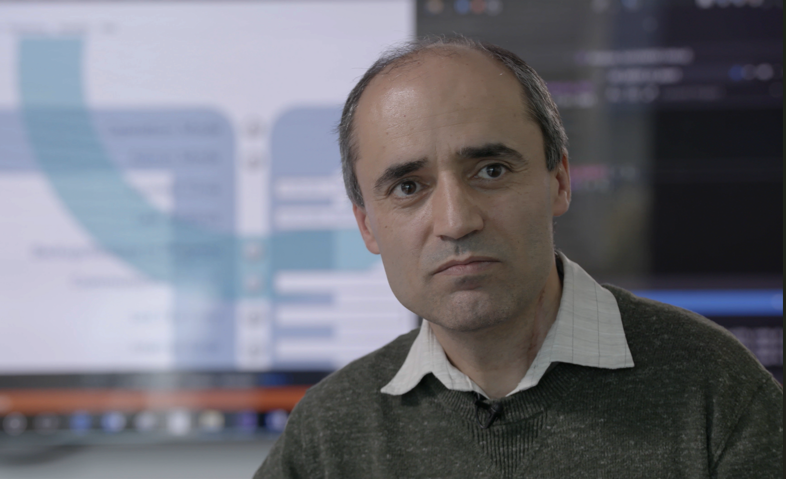Other Courses
Tailored to Your Needs
The following training courses can be delivered onsite, offsite, or online, based on your needs and preferences:
IEC 61508 for System Integrators
This course provides system integrators with a practical understanding of IEC 61508, the foundational standard for functional safety across industries. It covers the lifecycle requirements, risk reduction concepts, Safety Integrity Levels (SIL), and key deliverables expected from system integrators. The course focuses on real-world application, helping participants navigate compliance while maintaining project efficiency. It is ideal for engineers, project managers, and technical leads working on complex system integration projects. A typical course duration is 3 to 4 days, depending on the depth required.
EN 50126/8/9 for Railway Safety
This course explains the application of the EN 50126, EN 50128, and EN 50129 standards, which define RAMS (Reliability, Availability, Maintainability, and Safety) requirements for railway systems. Participants will learn about the system lifecycle, risk-based safety cases, software safety management, and hardware safety integrity. Tailored for railway engineers, system assurance professionals, and project managers, the course provides tools to meet rail industry expectations. A suitable duration is 3 to 4 days, with options for deeper focus on specific standards if needed.
Failure Analysis
This course covers essential techniques for understanding and preventing failures in engineering systems. Topics include Failure Modes and Effects Analysis (FMEA), Fault Tree Analysis (FTA), Root Cause Analysis (RCA), and practical strategies for failure mitigation. The training suits engineers, technical managers, and safety professionals seeking to strengthen system reliability and safety. A 1-day workshop provides a solid foundation, while a 2-day version offers more hands-on case studies and exercises.
SIL Determination
In this course, participants learn how to determine the appropriate Safety Integrity Level (SIL) for safety functions using methods like risk graphs, Layer of Protection Analysis (LOPA), and quantitative risk assessments. It emphasizes selecting SILs based on real hazards and operational needs. Targeted at safety engineers, design engineers, and risk analysts, the course ensures a correct and justifiable SIL assignment process. A typical duration is 1 day, with options to extend for specific methods.
SIL Verification
This course addresses how to verify that a system or function meets its assigned Safety Integrity Level (SIL). It covers probabilistic calculations, architectural constraints, systematic capability, and documentation requirements. Participants, such as functional safety engineers, developers, and auditors, will gain confidence in performing and reviewing SIL verifications. A 1-day course is generally sufficient for an overview, but a 2-day version allows time for guided examples and deeper dives into tool support.
Functional Safety Awareness
Designed as an entry point, this course introduces the principles of functional safety, its importance, and how international standards such as IEC 61508 and sector-specific derivatives apply. It provides non-specialists, managers, and new team members with an understanding of the basic concepts and responsibilities involved in functional safety projects. The course typically lasts half a day to 1 day, depending on the audience’s background.
Risk Assessment & Management
This course equips participants with the skills to perform effective risk assessments and manage risks throughout the system lifecycle. It covers hazard identification, qualitative and quantitative risk evaluation methods, risk reduction strategies, and practical risk management planning. It is suitable for engineers, project managers, safety specialists, and decision-makers involved in any stage of system development. A full-day course provides the necessary grounding, while a 2-day course can include interactive workshops and industry-specific examples.
All attendees will receive a Certificate of Attendance.


